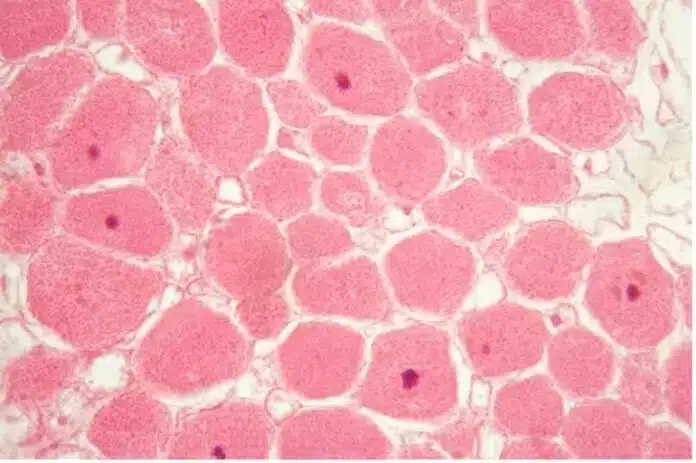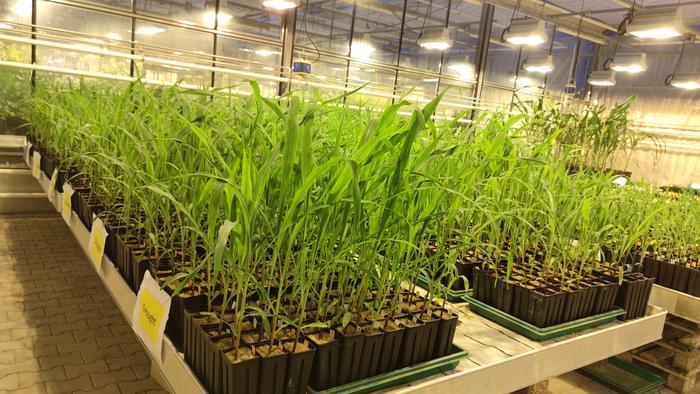Advancements in biological seed-applied technology are benefitting sustainable agriculture and also rewarding growers with more profitable crops.
For researchers, soil remains a fascinating reservoir, packed with tiny microbes that can have a big impact on sustainable agriculture. The complex microbiome living in plant roots and soil is vital to global farming practices, as it provides plants with nutrients, protects them from pests, and aids them in difficult environmental conditions.
The plant rhizosphere and the multi-dimensional interaction between microbes, soil and plants is extremely complex and has developed over millions of years. Unlocking these symbiotic relationships within the soil microbiome is key to developing novel biological solutions that offer farmers a smart and sustainable way to grow our food.
The level of scientific work in biologicals has accelerated rapidly in recent decades. Companies are applying cutting-edge research techniques from pharmaceutical and other research-driven industries to understand, optimize, and deliver biological products to farmers around the globe. Major improvements in efficacy, storability, and applicability are some of the fruits of these investments.
Bayer is partnering with private and public institutions to advance the understanding of the soil microbiome and identify beneficial microbial strains from different environments around the world. As an R&D leader in agricultural seed-applied technologies, Bayer boasts a multidisciplinary team of researchers and scientists who focus solely on biologicals and excel in harnessing the power of beneficial bacteria — creating innovative seed treatment/enhancement products that broaden the choice of agronomic solutions for farmers and also address consumer and environmental needs.
To offer growers high consistency in performance, Bayer invests significant resources and time throughout the development cycle of any new biological seed treatment and tests it thoroughly in the laboratory, our greenhouses and ultimately in the field.
The process begins with finding the right kind of bacteria. Bayer’s laboratory researchers will screen more than 10,000 microbes each year in order to find the optimal composition of all formulation ingredients needed to produce a superior biological solution.
It can be a challenge to transfer positive results from a laboratory or greenhouse environment to the field under varying climatic and soil conditions and to ensure that growers get the trusted performance they expect. As our field technicians will tell you, it’s not a simple matter of taking a biological product, applying it to a seed or on the field, and then hoping it will work, because the results will likely be disappointing.
For this reason, field trials require that the many interactions between the biological product, the plant, and the environment be rigorously studied. Through the use of state-of-the-art machine learning algorithms, Bayer scientists are able to analyze field trials in a novel way. Their goal is to identify potential major agronomic factors influencing microbial field performance, which our researchers can then utilize to develop biological seed treatment adapted to various environments.
The end result is innovative new biological solutions that offer not only improved soil, root and plant health and but also larger profits for our farmer customers by increasing the yield and quality of their crops.
Among our more recently launched innovations is Bayer’s BioRise™ Corn offering in North America, a new seed treatment designed to increase the functional root volume as well as water and nutrient uptake of corn plants by enhancing the colonization of beneficial mycorrhizal bacteria in their root systems.
Growers can expect to benefit from some new seed applied biologicals that are in early and advanced stages in the Bayer R&D pipeline, such as are our next-generation crop efficiency solutions for corn and soy which will be launched in 2022 and 2024 respectively.
Innovations like these are why Bayer biologicals are already used in more than 80 million acres worldwide. As we build on our strong track-record of developing and commercializing innovative biological seed treatments, our customers can be assured that Bayer will continue to launch inventive new tools to support growers around the world.













